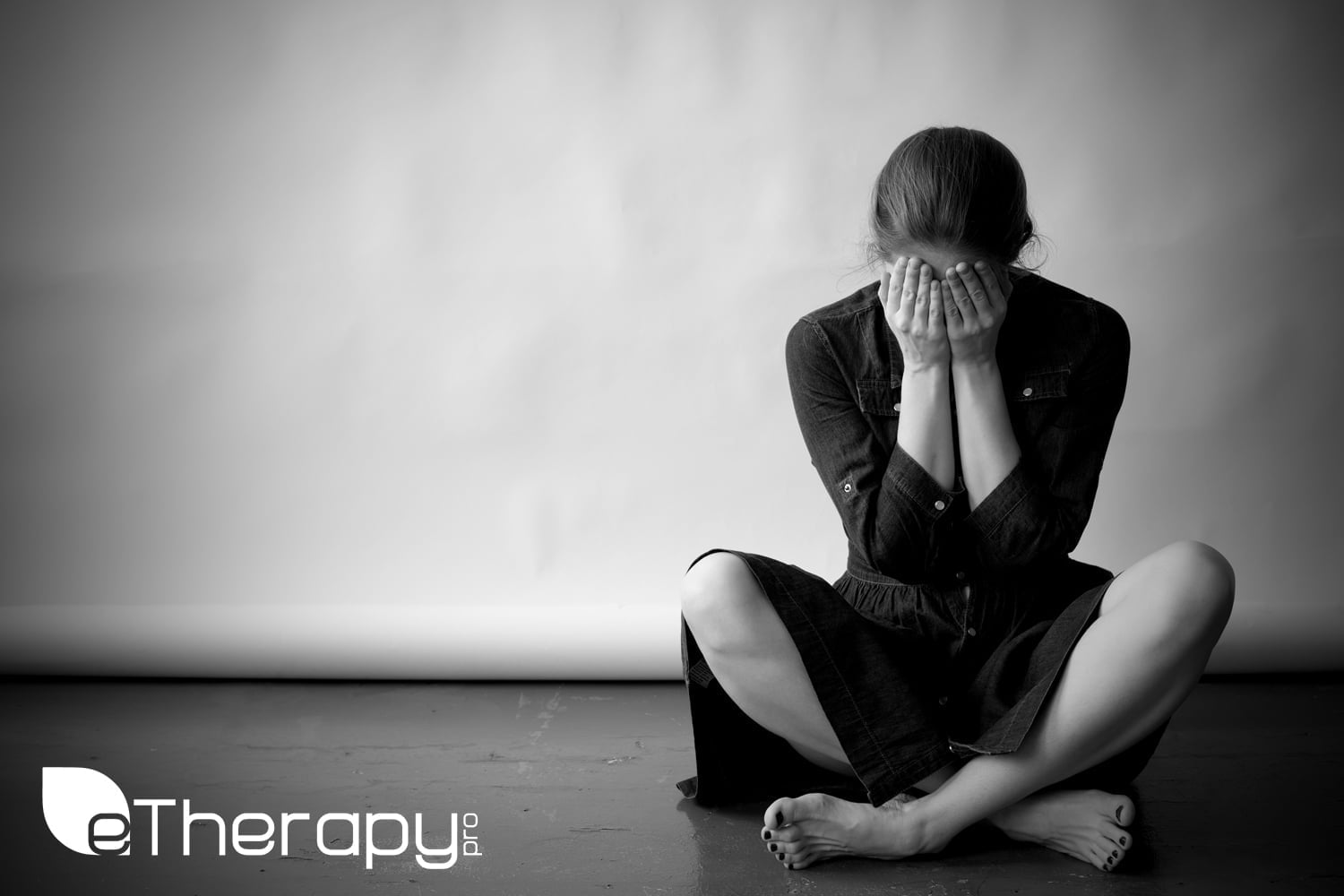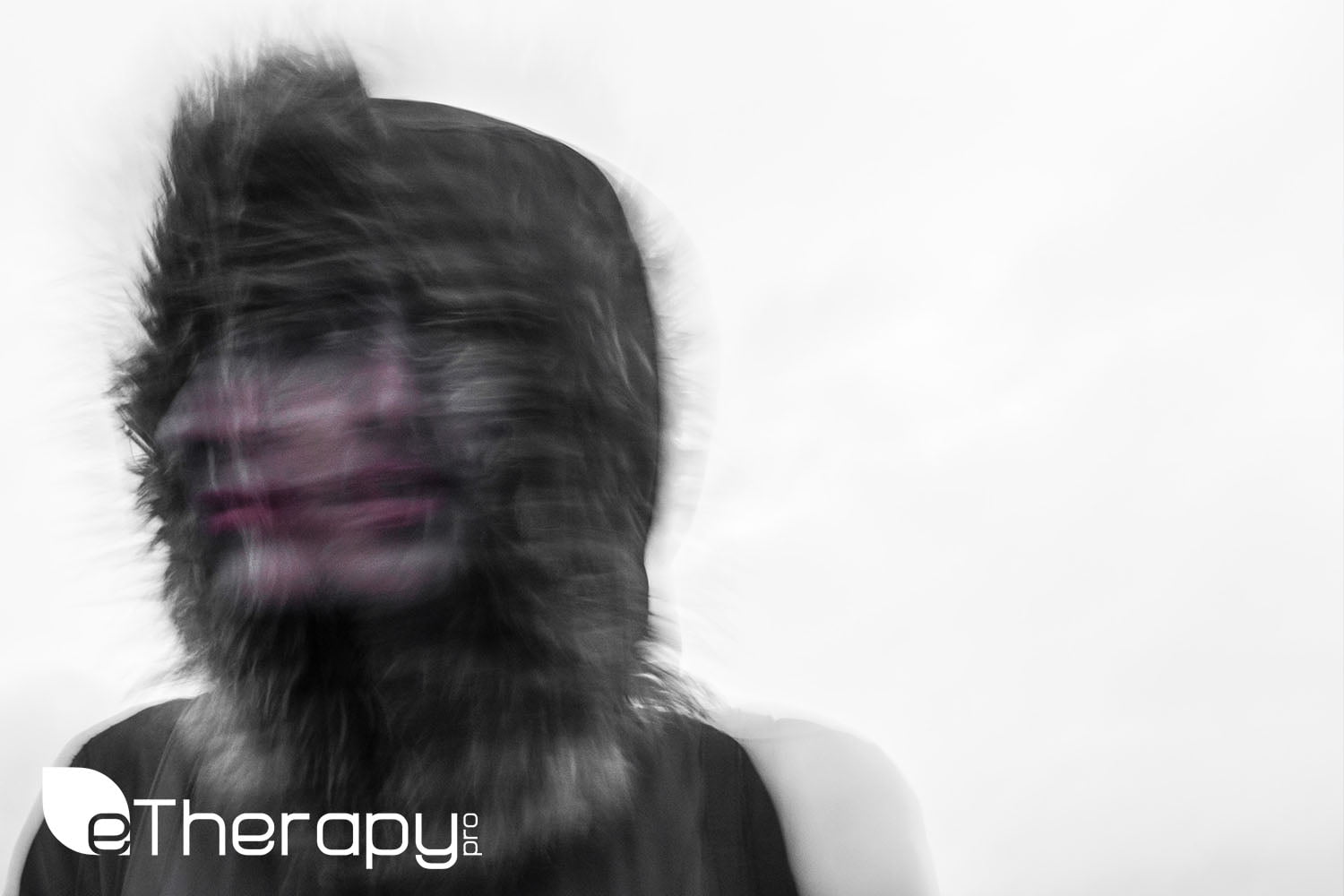
What Does it Feel Like to Have a Panic Attack?
Take a moment and hold your breath. Keep holding it. Soon your heart is hammering in your chest and your struggling to breathe. Your face is beet red and you feel as if you are losing control and you are going to die. Then you have an idea of what a panic attack feels like. This could help you identify a panic attack.
A panic attack, or anxiety attack, is an episode where a person feels severe anxiety with physical symptoms, for a limited amount of time. While they may seem like they will last forever, they do end, leaving the person unharmed for the most part. They can happen at any time and at any place. More importantly, while they happen more often to people with a mental illness, like depression or an anxiety disorder, they can also happen to anyone.
What Causes a Panic Attack?
There can be several different causes of panic attacks. One common cause is called dysfunctional thinking. Dysfunctional thinking is when the person has such a bad, negative, or unrealistic view on events that it triggers severe anxiety, fear, or a desire to escape. There is a psychiatric diagnosis called Panic Attack Disorder, where the person suffers from repeated panic attacks that begin to limit their life.
Another, more common cause of panic attacks can basically be thought of as a misfire in the central nervous system. Something caused the fight or flight stress reaction to start in the nervous system, even though there was nothing there to be afraid of. These are thought to come from genetics, although there may be environmental factors involved as well, but overall it is an overreaction by the nervous system.
How to identify a panic attack.
The feeling of not being able to breathe, your heart pounding in your chest, and other symptoms described above are a standard description for a panic attack. A more comprehensive list of symptoms of a panic attack includes:
- Intense fear or worry
- Impending sense of death or doom
- Feeling overwhelmed
- Feeling out of control
- Shortness of breath/difficulty breathing
- Chest pain
- Sweating/having the chills
- Dizziness
- Numbness or tingling in extremities
- Rapid, pounding heartbeat
- Feeling lightheaded or fainting
- Nausea
The good news.
If that sounds like an awful experience that’s because it is. There is good news, however, a panic attack is usually short lived. After a while it will be over with and you will go back to normal. The other thing that is important to know about panic attacks is that they are treatable.
Therapy is the best place to start. Talk to a counselor. The education they provide can be very helpful. If need be panic attacks can be treated with medication as well. With one or more of these methods, you can limit, cut down, or even eliminate panic attacks from your life altogether. Anxiety attacks may feel like an intense and overwhelming episode. Still, there is help available through mental health professionals such as, psychiatrists, therapists, and online counselors. Anxiety attacks do not have to control how you live and enjoy your life.
